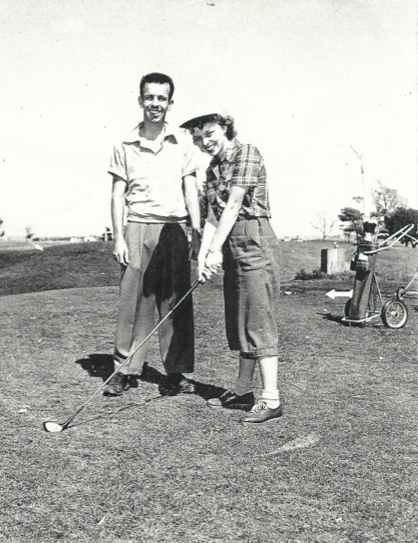(This article originally appeared at eJuggle, the official publication of the International Jugglers’ Association).
My biggest stroke of luck was to grow up a short distance from a magic club called The Long Beach Mystics.
The Long Beach (largest non-county seat city in the U.S!) that my parents grew up in was sometimes called “The Des Moines of the west coast” because of it’s lack of what we now call “diversity”. But by the time I was born diversity had already arrived and would really begin to unpack over the next decade.
With large black, Mexican, Armenian, Vietnamese and numerous South Pacific Islander populations, Long Beach, by the time I got to high schoool, was home to the largest Cambodian population of any city outside of Cambodia. Our section of the city, though, still resembled the strictly suburban version of itself from the 1950’s. I could hope our backyard fence and be in famously Republican Orange County in ten minutes.
The clubhouse of the Mystics was a little over a mile beyond the Orange County line in Los Alamitos, a fact that seemed to cause no one any confusion or consternation. The magic shop in front was just that – a front – because the real magic took place in the back. Passing the glass counter of card and coin tricks and entering the door beyond it revealed a room of about equal size as the magic shop. It was a very little theater and one that served our purpose: bravely walking on stage to perform our routines, receive feedback and implement what worked. Rinse, wash, repeat.
If the club’s philosophy had a bias it was undoubtedly and unapologetically providing entertainment value. I don’t recall much talk about how to fool other magicians. Making a trick a lot more fickle in order to make it a little more entertaining was frowned upon. As I write these words I am impressed at how this last lesson has informed my minimalist approach to performing. Keep It Simple, Stupid. This was the popular refrain when one of us got so wrapped up in the technical aspects of a trick or routine that we began to lose sight of what mattered most: the audience’s enjoyment. During my first few years as a Mystic, I evolved from magician to juggler yet the same principles applies. The question “Wouldn’t it be more impressive to juggle five balls instead of four when I do this gag?” was met with the same skeptical silence that movie directors should receive when they ask “How can we employ this new technology?”
Once, after seeing us perform a show featuring shoddy music editing, Mark Kalin was moved to give a lecture teaching the techniques of avoiding such amateur mistakes. Passion.
As I grew into my teens, these lessons stayed with me, although I would gradually and characteristically take credit for them myself. It was not until two decades later, when I began performing regularly at The Magic Castle , that others made me realize what, exactly, I had my hands on as a kid.
“I didn’t know you were a Mystic!” I am told by incredulous magicians after seeing The Mystics – A 50 Year Legacy. After viewing the dvd (featuring a heavily-sedated interview which I do not recall giving), I was humbled by the awesome generosity of mentors like Stan Allen, Kevin James, Mike Caveney, Randy Pryor, Dana Daniels and many others: they wanted me to be great.
I was in good hands with The Long Beach Mystics – thanks, guys.





